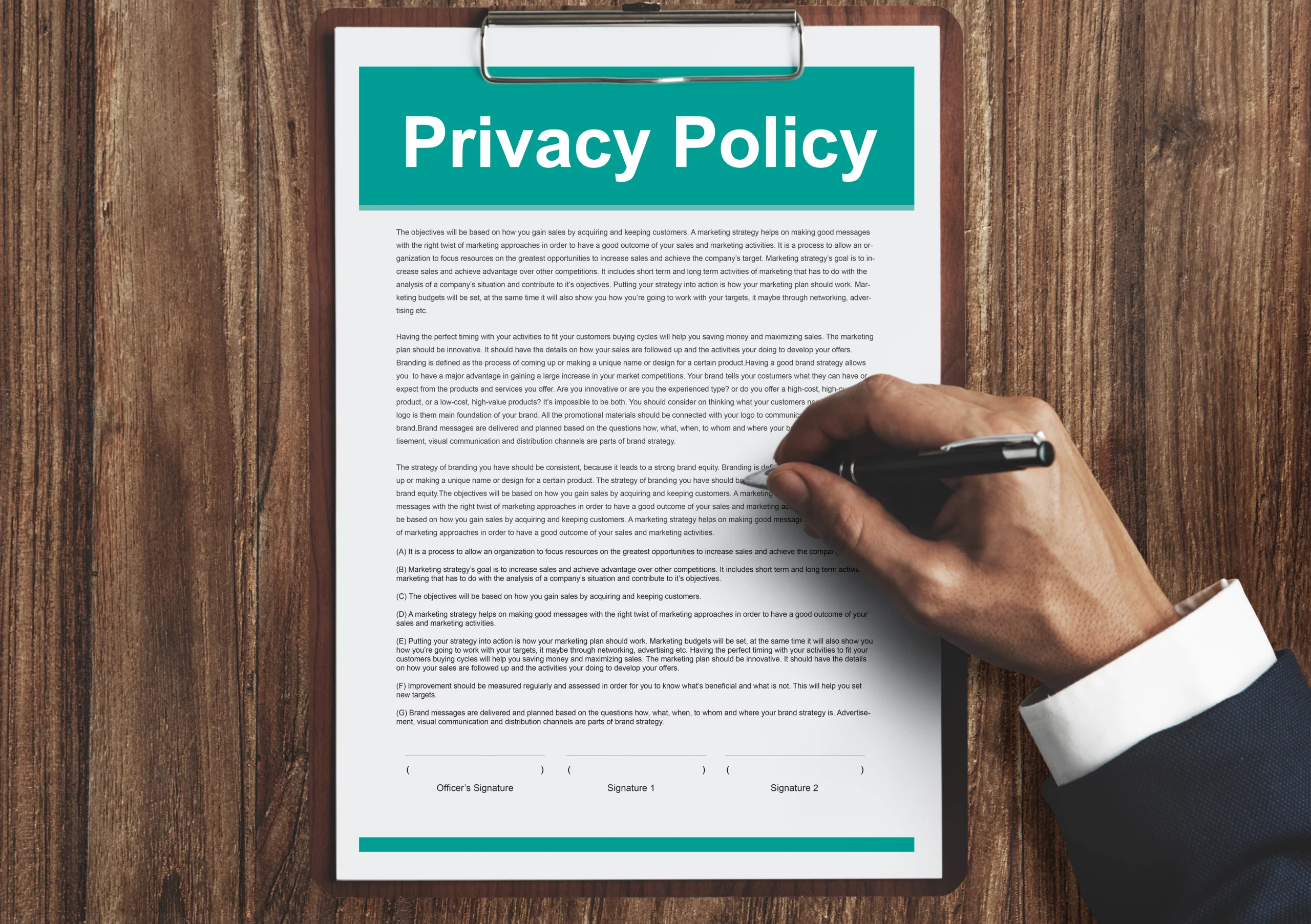
Data Privacy in Pay Per Call
Improve your Pay-Per-Call landing pages with the following required disclaimers to improve pay-per-call earnings while being lawful. The California Consumer Privacy Act (CCPA) and other state laws describe clear and simple formats to explain the type of data collected from callers and how it would be used-specifically for sensitive offerings, as in pay-per-call Medicare leads. All pay-per-call tracking software must include options for logging consent for data collection and respecting opt-out requests. If a company provides a service, even such as pay-per-call plumbing leads targeting US customers, but collects personal data from EU citizens, this will make it necessary to comply with the European General Data Protection Regulation (GDPR). Secure data management should also be considered in order to protect caller information from breaches, such as by encryption for stored call recordings and transcripts.
Compliant Caller Information Handling
Retain a privacy-first approach to ensure data compliance and practice improvements toward maximizing paypercall earnings. Draft a comprehensive privacy statement outlining your data collecting, usage and sharing practices for all paypercall networks that you belong to. Several paypercall services allow internal DSAR-specific tools, which are usually legally obligatory. Contain data collection to only what is minimally required-for instance, paypercall legal services leads might require more detailed information than home service calls. Establish a robust set of data retention policies that will retain call records as per legal requirements, yet automatically take care of archiving or destroying records as needed for compliance documentation. Keep in mind that regulations governing privacy are fast-changing; therefore, frequent assessment of your practices will be necessary to avoid penalties.
pay per call pay per call affiliate programs pay per call marketing ppc management agency pay per call software pay per call business offervault pay per call best pay per call networks pay per call plumbing leads pay per call leads pay per call hvac leads pay per call service provider appliance repair pay per call pay per call advertising pay per call lead generation pay per call google ads google ads pay per call pay per call networks pay per call affiliate pay per call number pay per call tracking pay per call tracking software pay per call agency pest control pay per call pay per call affiliate marketing pay per call publishers ringba pay per call best pay per call niches pay per call affiliate networks pay per call providers pay per call companies pay per call services pay per call google pay per call ads pay per call platform pay per call marketplace offervault pay per call network pay per call website pay per call campaign pay per call landing pages top pay per call networks pay per call offers white label pay per call plumbing pay per call pay per call app pay per call marketing course hvac pay per call get a pay per call number pay per call radio advertising astoria pay per call pay per call advertising companies pay per call training pay per call 800 number pay per call course market call pay per call get paid per call set up a pay per call number pay per call insurance leads pay per minute phone line pay per call facebook ads adwords pay per call astoria company pay per call affiliate network auto insurance pay per call best pay per call affiliate best pay per call affiliate programs best pay per call software bing pay per call buy pay per call leads call center pay per call cj pay per call cost per call advertising electrician pay per call elocal pay per call facebook pay per call gene morris pay per call handyman pay per call inbound pay per call leads ingenio pay per call locksmith pay per call locksmith pay per call leads market call affiliate market call affiliate program medicare pay per call mobile pay per call palo pay per call pay per call advertising google pay per call affiliate offers pay per call auto insurance leads pay per call business model pay per call earnings pay per call exposed pay per call forum pay per call industry pay per call lead generation services pay per call line pay per call market pay per call marketing companies pay per call marketing methods pay per call phone pay per call phone line pay per call programs pay per call seo pay per call system pay per call traffic sources pay per call travel pay per call verticals pay per click forum pay per performance telemarketing pay per sell per call phone per call number shareasale pay per call tree service pay per call
